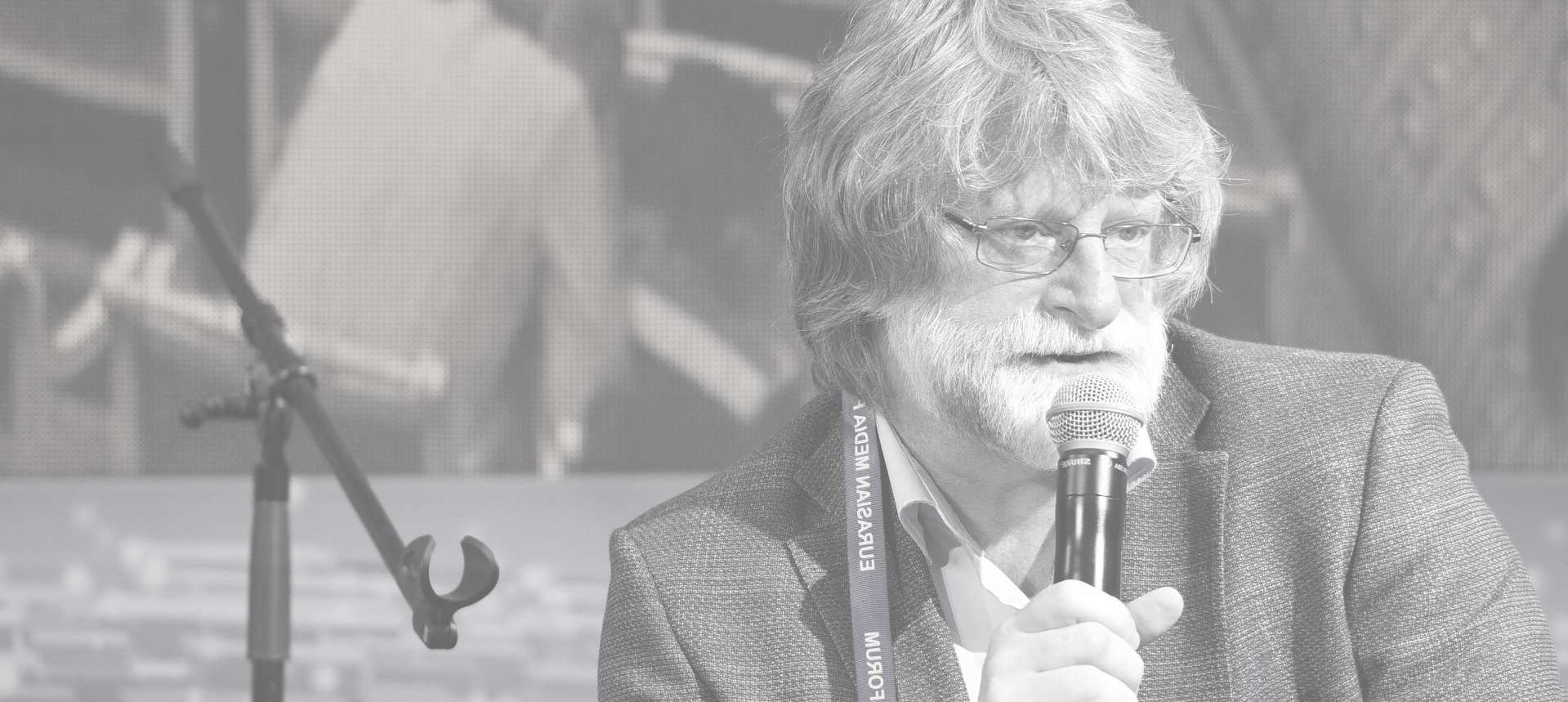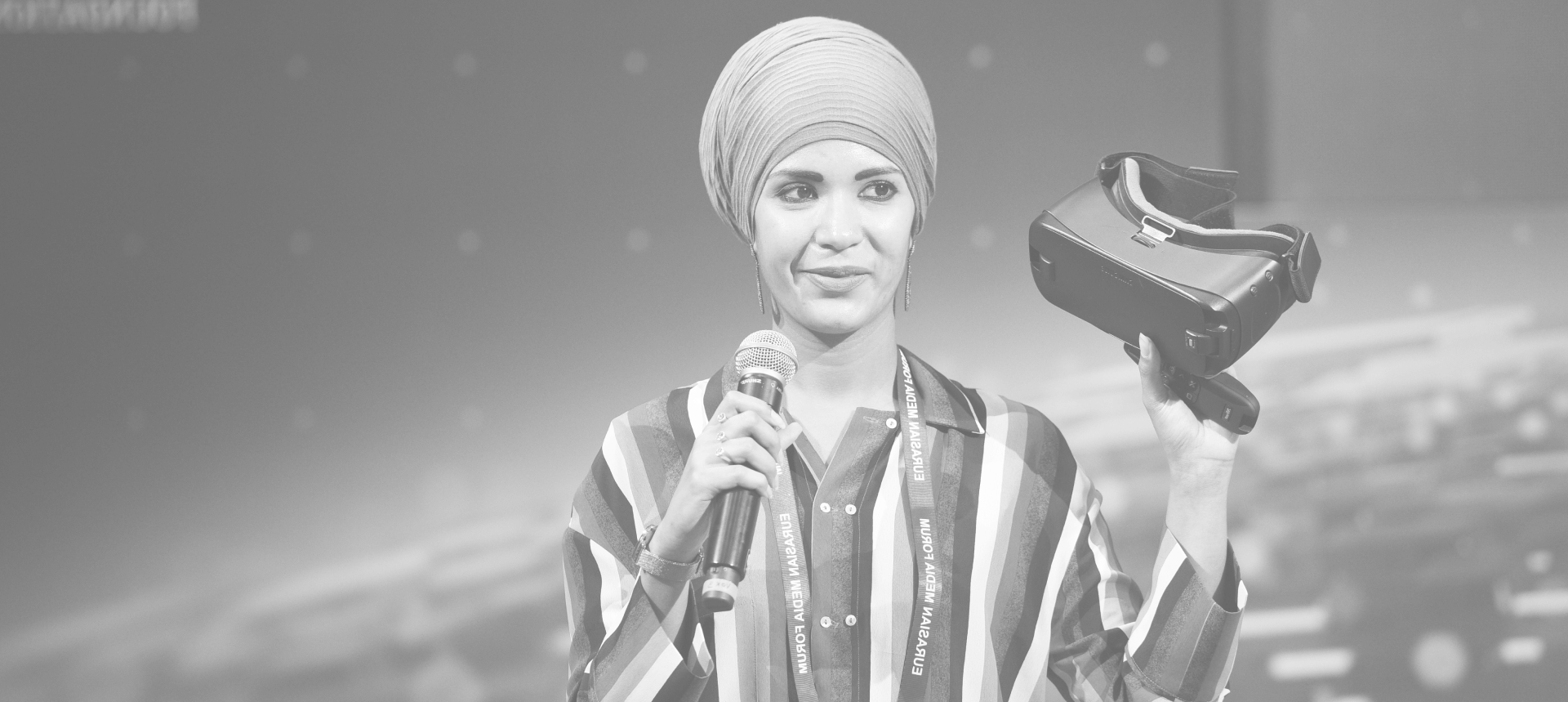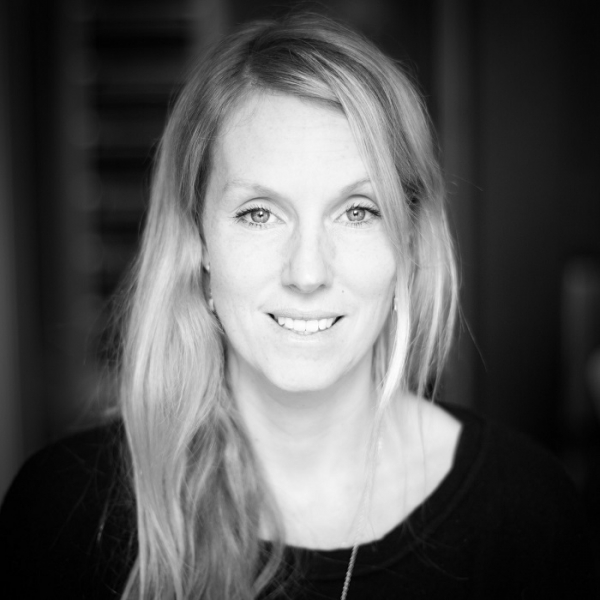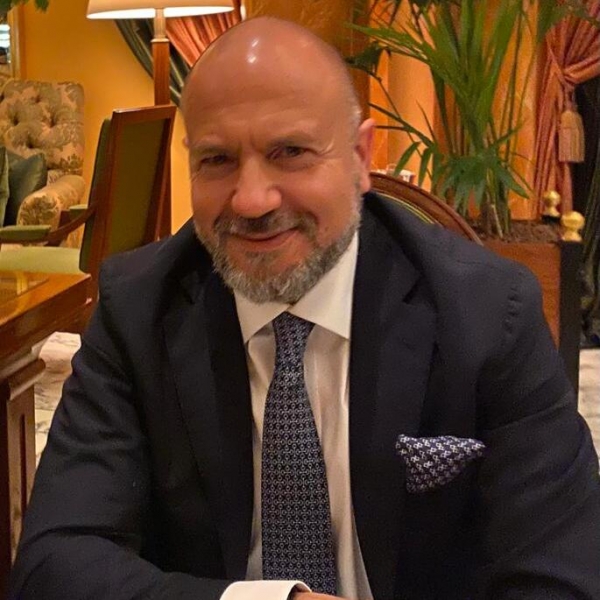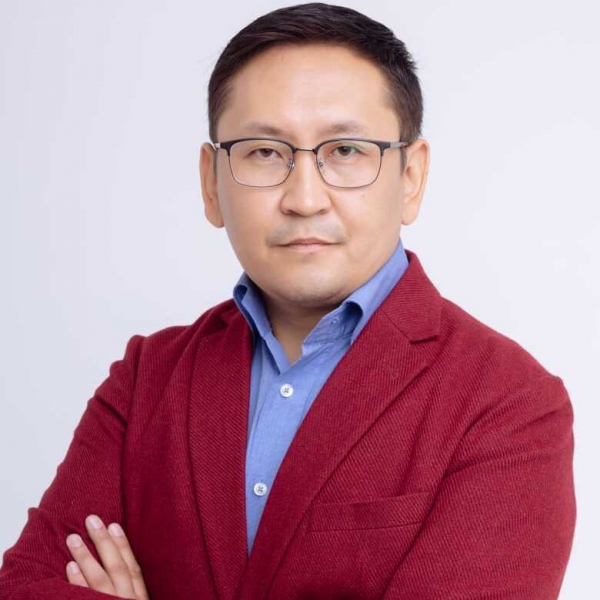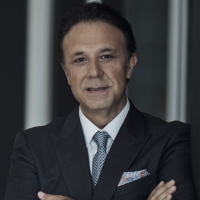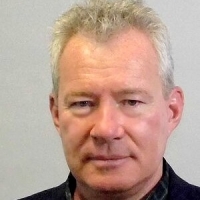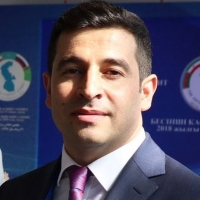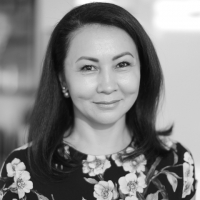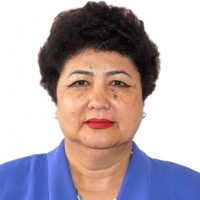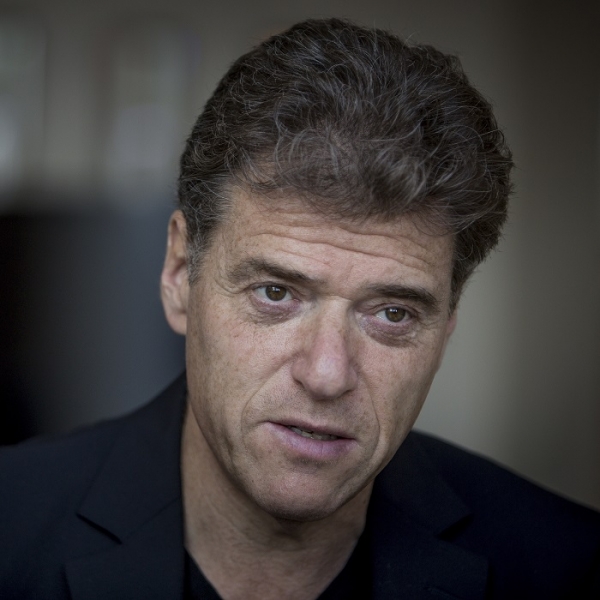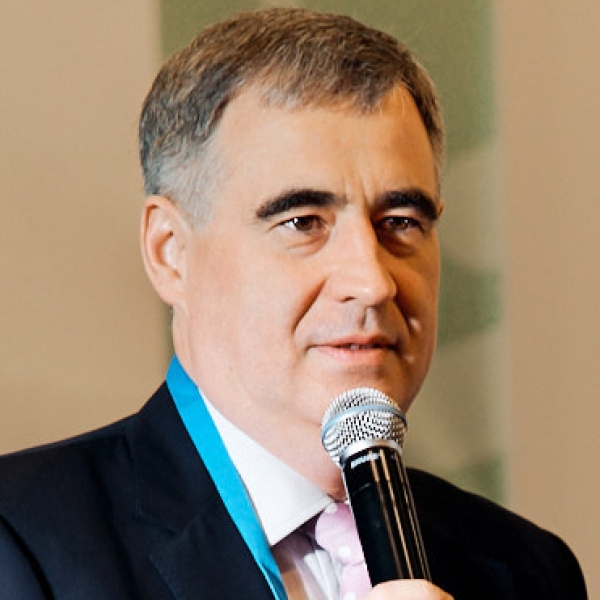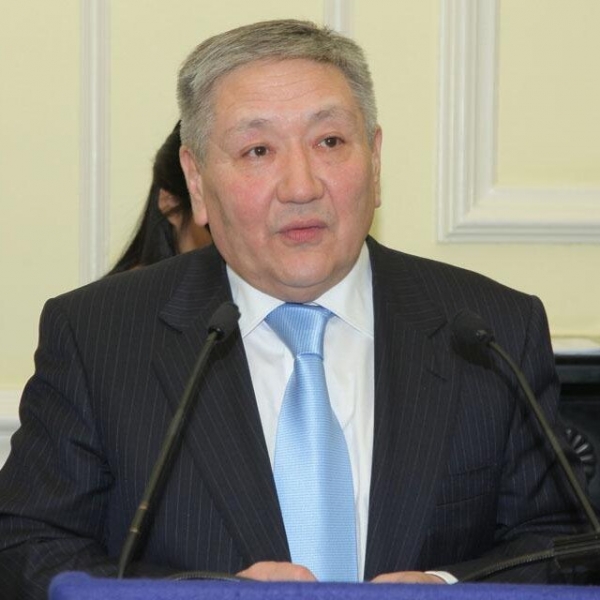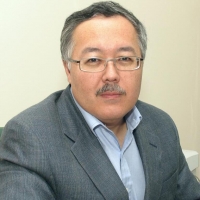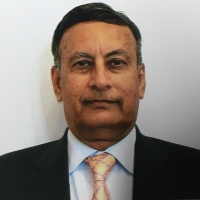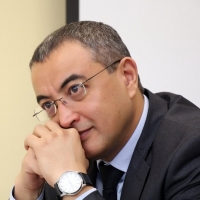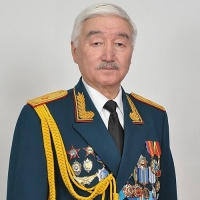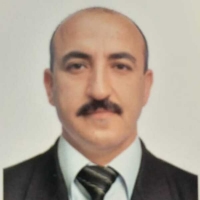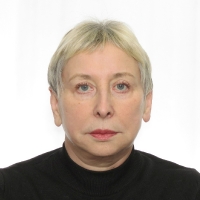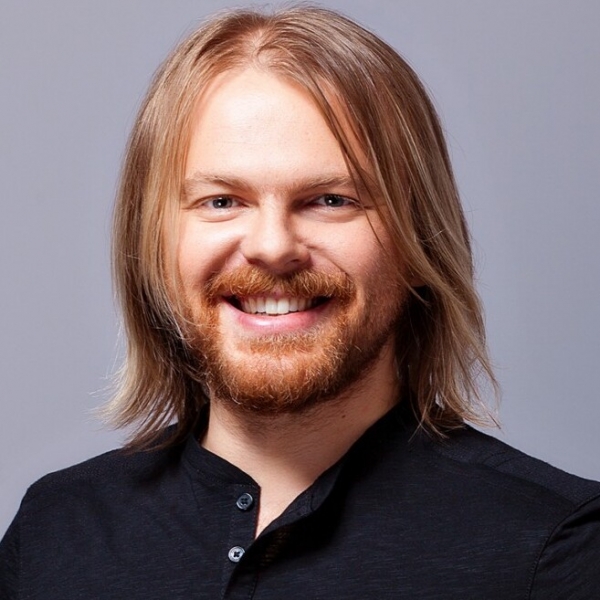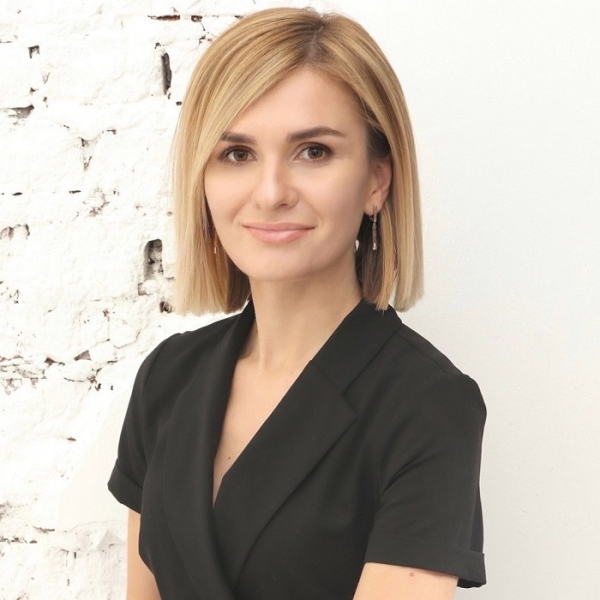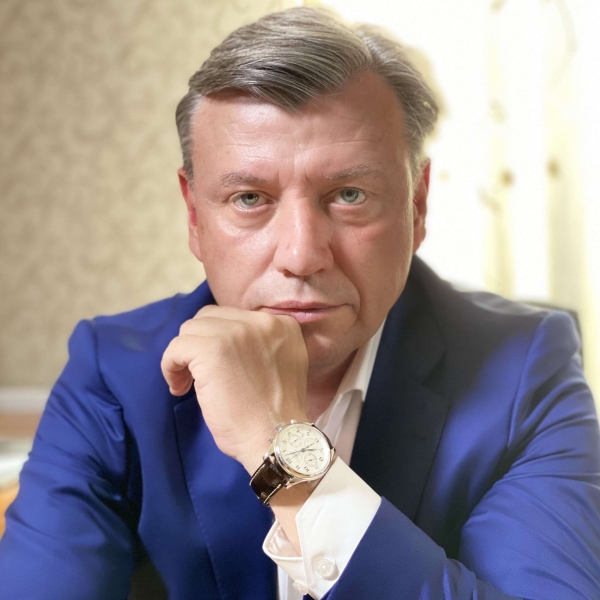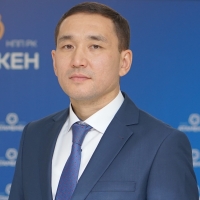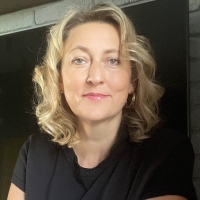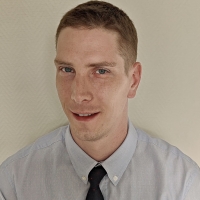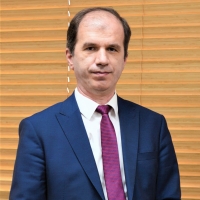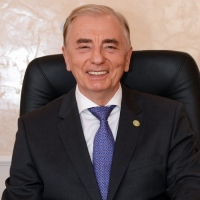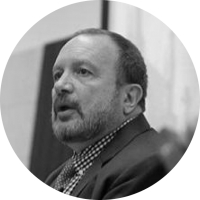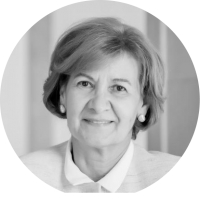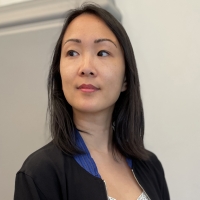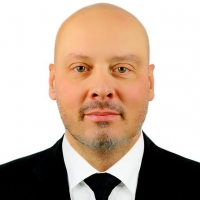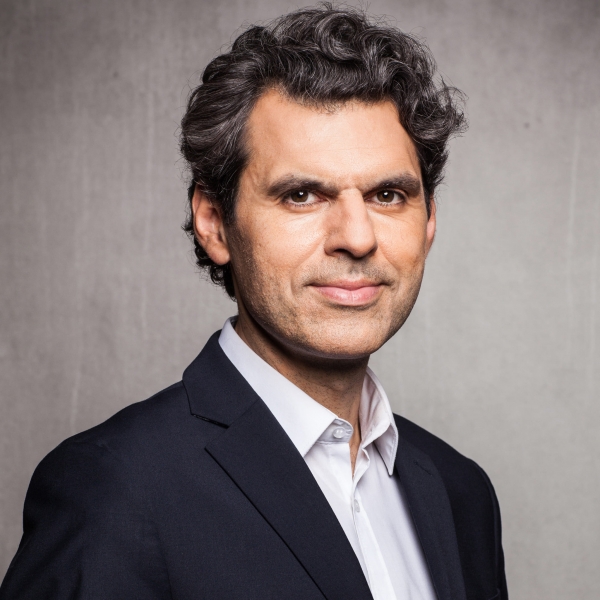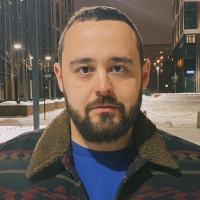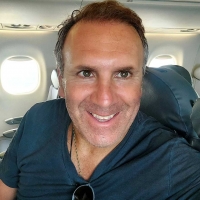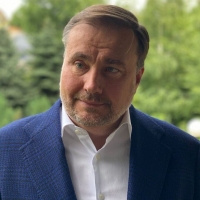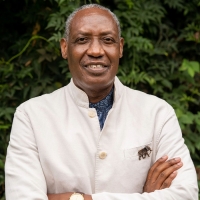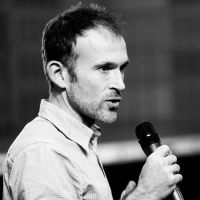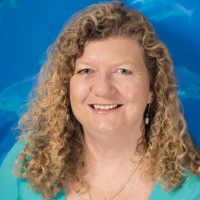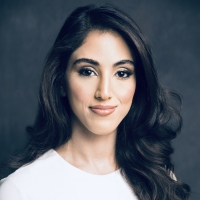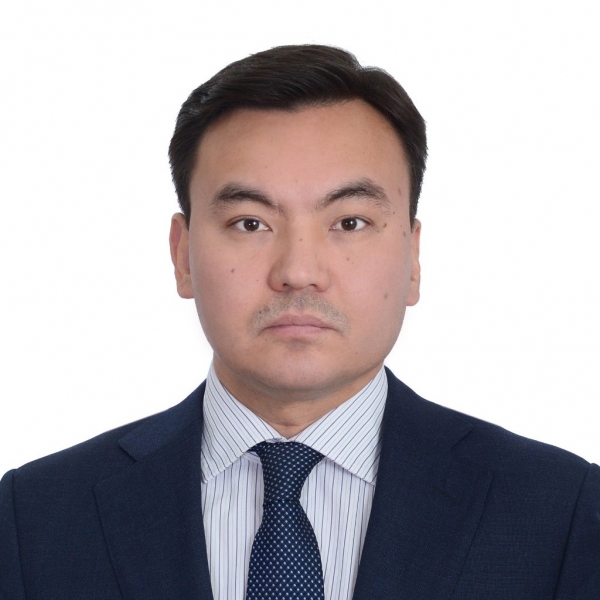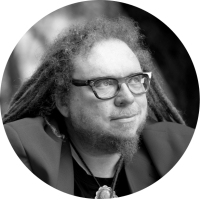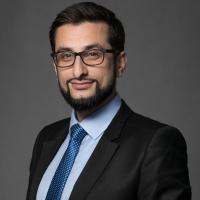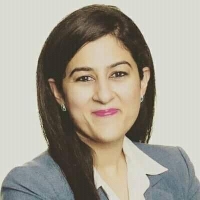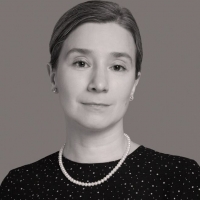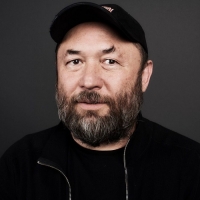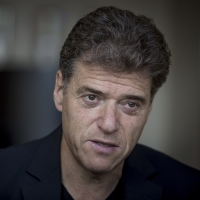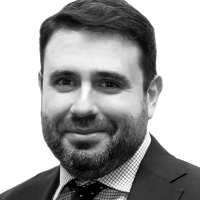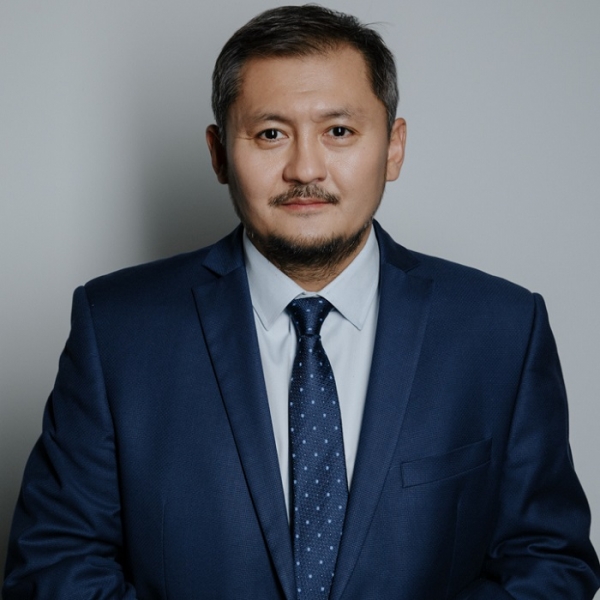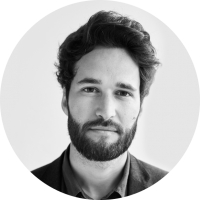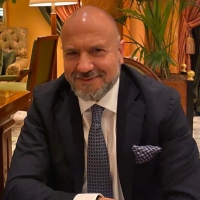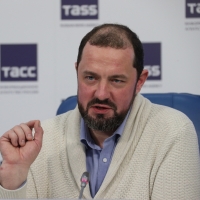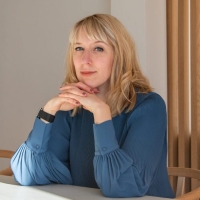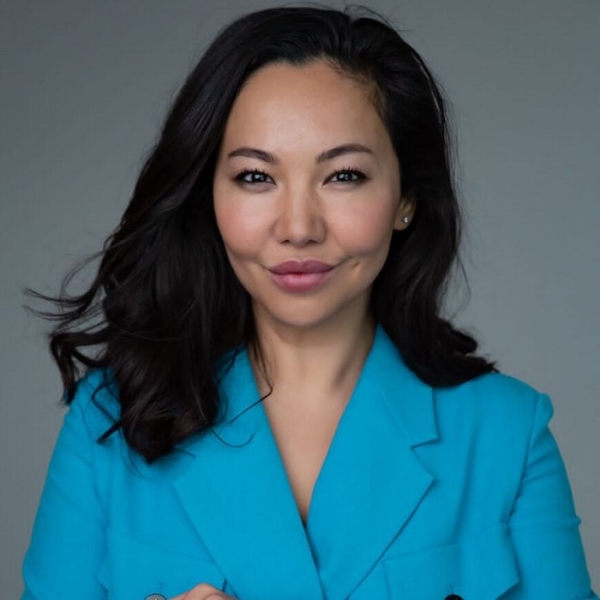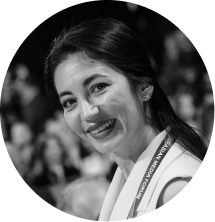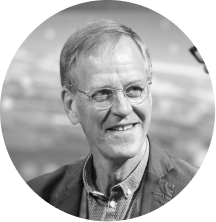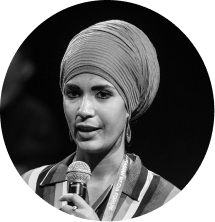MASTER CLASSES
AND ROUNDTABLES
KAZAKHSTAN'S
INDEPENDENCE
the first day
the second day
the third day
the first day
1 day
the second day
2 day
the third day
3 day
SOCIAL PROJECTS IN DIGITAL: EFFECTIVE TOOLS AND BEST PRACTICES
Speaker
BEKSULTAN KAZYBEK
Digital producer, Kazakhstan
INTRODUCTION TO VIDEO PRODUCTION FOR NGOS & HUMANITARIAN STORYTELLERS
Speaker
Clementine Malpas
Filmmaker, UK
Speaker
SALAH KHALIL
Founder of Macat International Ltd, Egypt
MEDIA OF TURKIC-SPEAKING COUNTRIES. DEVELOPING COOPERATION IN A NEW REALITY
Moderator
Sayat Zhoken
journalist, Kazakhstan
Speaker
Andrew Keen
Author, Director, Commentator on the Silicon Valley-based Digital Revolution, USA
MEDIA AUDIENCE - FORMATS OF INTERACTION
Speaker
Sergey Stanovkin
Program Director, European News Academy, UK
A NEW TURNOVER: HOW CAN EVENTS IN AFGHANISTAN AFFECT THE CENTRAL ASIA?
Moderator
KAIRAT ABUSSEITOV
Head of International Programmes Center
Nursultan Nazarbayev Foundation, Kazakhstan
DIGITAL ME: FROM SURFING SOCIAL MEDIA TO MERGING WITH AI AND SINGULARITY
Speaker
Evgeny CHERESHNEV
Executive Vice President, Digital Ventures, Russia
Speaker
Olga Sharatuta
Founder and CEO RedMe Agency, Russia
DEVELOPMENT OF KAZAKHSTAN BRANDS. THE ROLE AND SIGNIFICANCE OF TRADITIONAL AND NEW MEDIA
Moderator
Ilmurad Jumayev
Chairperson of the Expert Commission of the Central Asian Advertising Association, Kazakhstan
the first day
1 day
the second day
2 day
the third day
3 day
SESSION DEDICATED TO THE 30TH ANNIVERSARY OF KAZAKHSTAN’S INDEPENDENCE
The day of the declaration of independence of Kazakhstan has run like a red thread through the entire history of the country, linking its past, present and future forever. The reality that surrounds us today is the result of decisions long since made, but which had and continue to have a significant impact on the development of the country.
This session provides an analysis of the 30 years since independence and considers the preservation of stability in an unstable world, as well as the desire for creative growth. The session asks what processes taking place in Kazakhstan and the decisions being made here can become an example for others?
Moderator
Riz KHAN
Journalist, Riz Khan Productions, USA
Session #2: World Policies and Economies
HOW THE PANDEMIC HAS CHANGED THE WORLD AND DEFINED NEW PATHS OF GLOBAL COEXISTENCE
The coronavirus pandemic has exacerbated existing geopolitical and social issues and caused enormous damage to the global economy. By exposing underlying problems, the pandemic has forced countries to make quick decisions for the benefit of their citizens and adapt instantly. However, while being concentrated on top-priority domestic issues, countries are becoming alienated from each other. The deterioration of diplomatic ties, political competition and suspicion, disregard for the interests of other countries and unceremonious interference in internal processes have resulted in a new Cold War, in which information and sanctions are weapons.
Closed borders and other bans and restrictions on movements have all influenced not only interhuman relations, but also international ones. The world has changed and will most likely never be the same. So, what’s next?
Moderator
Ryan CHILCOTE
Award winning PBS NewsHour Special correspondent, Bloomberg Television and CNN alumnus
LOTS OF INFORMATION, LITTLE TRUTH
The amount of content produced is growing exponentially. Articles on the Internet, news stories, Facebook posts and even short TikTok videos – all of this is created in order to capture the attention of the viewer. Clickbait headlines, distorted information and populist statements for the purpose of manipulation are depriving the media industry of the trust of viewers. Quantity at the expense of quality has become a serious problem, and it is increasingly difficult to differentiate between the truth and the lies. Is the media ready to fight for its credibility?
Moderator
Ali Aslan
International TV Presenter and Journalist, Germany
GREEN STRATEGY:
ANOTHER LAST CHANCE
Technological breakthroughs and innovations that improves people’s quality of living have been accompanied by environmental degradation for many decades. Catastrophic forest fires and droughts exacerbated by global warming, rising sea levels, biodiversity loss and widespread pollution are just some of the global problems that are making countries work together to solve. Delaying decisive action will only make the situation worse. Does humanity have a chance?
Moderator
Koert Debeuf
Editor in Chief of the EU Observer, Belgium
the first day
1 day
the second day
2 day
the third day
3 day
Session #5: Politics/Society
THE AGE OF AGITATION:
WHO RULES THE WORLD?
A report by the World Economic Forum warned that digital inequality and the concentration of digital power had become a very serious problem. Many experts agree that the greatest “obvious danger” in the coming years is posed by threats related to failures in cybersecurity and this digital concentration of power. At the same time, new technologies are being used for crime, incitement to hatred, spreading false information and exploitation. Businesses and governments should seek new partnerships to ensure digital inclusion without compromising technological progress.
Moderator
Rauan Kenzhekhanuly
Founder and CEO at Bilim Media Group, Kazakhstan
Founder and CEO at Bilim Media Group (#1 EdTech provider in Kazakhstan and Central Asia), Republic of Kazakhstan
MEDIA AND TECHNOLOGY:
2021 TRENDS
The past year has changed the rules of the game in almost every sense. According to a Reuters Institute survey, 76% of media industry executives say the pandemic has accelerated their plans for digital transformation.
Experimentation with cross-platform content, the development of niche offerings, and the creation of news chatbots have become imperative for businesses’ survival. The media landscape of the very near future will be influenced by drones, wearables and virtual and augmented realities. Consumers will seek continuous immersion — and technology will provide it. A new “gold rush” is about to begin, and to gain a foothold on the market the media is already having to work today with a vision for 2030 and beyond. Futurologists advise media professionals put aside their journalism textbooks and equip themselves with programming manuals instead.
Moderator
Sasha Vakulina
Sasha Vakulina, Business Editor, Euronews, France
THE FUTURE OF THE LABOR AND EDUCATION MARKETS
According to the McKinsey Global Institute (MGI), 400 million people will lose their jobs due to automation by 2030, which equates to 15% of the global workforce. Facing the threat of redundancy – and without the time to go back to college or university - more and more adult professionals are turning to online education as a means of upgrading their skills and staying competitive in an increasingly overcrowded labor market. As a result, education is becoming continuous and targeted and will, most likely, take on new forms. Is it inevitable that soon highly qualified individuals will have to fight harder than ever just to land a job, while unemployment figures reach unprecedented levels? How should governments and corporations support displaced workers and the unemployed?
Moderator
Sayassat NURBEK
Director of BTS Education, Head of Atlas of New Professions of Kazakhstan project, National Geographic Kazakhstan Goodwill Ambassador
THE WORLD IN A FUTURE ALREADY ARRIVED
People are constantly changing the world around them with new ideas and technologies and changing themselves in the process. In the optimistic imagination of a person, the future is painted in bright colors – a high-tech utopia aimed at the benefit of every person and universal equality. In the current reality, however, the development and availability of technology across the world’s countries is advancing at different rates, which is leading to an even greater gap between “rich” and “poor” states.
Regardless of forecasts, the future is already happening now. Can we make it favorable for everyone?
Moderator
Lyazzat Shatayeva
journalist, Kazakhstan
the first day
1 day
the second day
2 day
the third day
3 day
Dear Participant,
Anyone visiting the Forum is required to have a vaccination passport or a negative PCR test taken no more than 72 hours before their visit. All participants are required to have the "Ashyq" mobile app.
Please download the "Ashyq" mobile app before your visit.
For security reasons, the Forum will observe the epidemic-prevention rules. For more information on these rules and visiting the Forum in general, please email us at
info@eamedia.org.
Thank you.
The EAMF team

